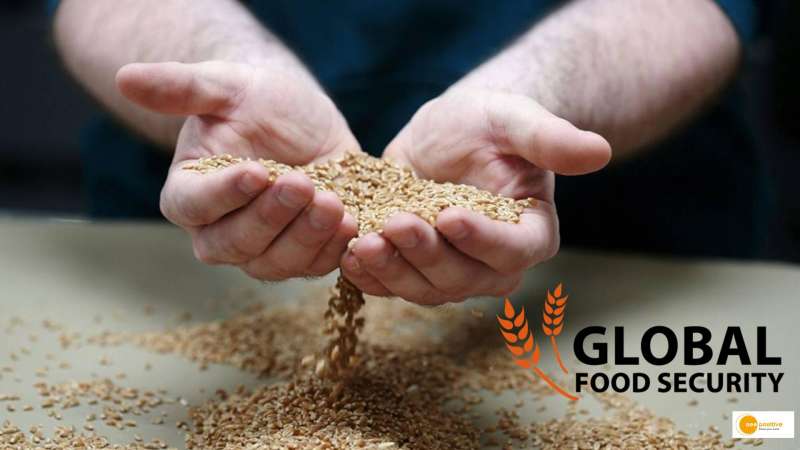

Vertical farmers, who are best known for growing herbs and salads indoors, have made a significant breakthrough in the quest for global food security by cultivating wheat in the same controlled environment.
Infarm, an Amsterdam-based startup, grew wheat without the use of soil or chemical pesticides, and with far less water than traditional farming. The first indoor farming company to grow a staple crop is a watershed moment for a fledgling industry that has drawn venture capital funding on the promise that its technology will help feed the world.
“To continue to feed the world’s growing population, we need to achieve higher crop yields which we have now proven to be possible for wheat,” said Guy Galonska, chief technology officer and the co-founder of Infarm. “We are confident that wheat can be grown successfully at scale indoors as a climate-resilient alternative.”
Indoor farmers have so far delivered premium foods such as herbs, salads, and the occasional fruit. They’ve also faced criticism for their relatively high production costs, energy consumption, and scalability.
Growing wheat indoors has potential to be a game changer
Growing a staple crop indoors has the potential to be a game changer if done at scale. Climate change and logistical issues have posed increasing challenges to supplies, with the war in Ukraine highlighting the world’s reliance on a few breadbaskets.
According to Infarm, its initial trials show annual wheat yields of 117 tonnes per hectare. This compares to average 2022 yields of 5.6 tonnes per hectare in the European Union and 3.1 tonnes in the United States, two of the world’s largest exporters, according to US Department of Agriculture estimates.
However, the challenges of achieving scale while keeping costs low remain enormous.
Wheat cultivation consumes the most land, more than 216 million hectares, than any other crop. To meet current demand at Infarm’s projected yields, indoor farms would need to cover an area larger than France’s wheat crop.
Infarm, which is co-hosting a food systems pavilion at COP27 in Sharm el-Sheikh this month, stated that better technology could potentially increase its yield by 50% in the coming years.
Also Read: GST Update notification: Rice, Wheat and others Won’t Attract Tax When Sold Loose; check List


